ORION is an FP-7 funded project which aims to develop an anaerobic digestion machine at a small-to-medium enterprise (SME) scale. In 2006 European SME agrofood industries produced almost 40 million tonnes of organic waste. This waste comes from restaurants, hotels, supermarkets, markets and food processing companies, such as fisheries. There are currently anaerobic digestion systems, also known as methanisation systems, available for the treatment of waste quantities between 5,000 and 50,000 tonnes/year. The main limitation of this system is that it is only adapted to large quantities and specific types of organic waste. ORION aims to allow SMEs to manage their own organic waste. This will lower treatment costs, which include storage of the waste in cool areas before treatment, transport to the treatment facility and the treatment itself, which is generally landfill or incineration. It will also increase hygiene on-site as putrid odours and the proliferation of microorganisms will be reduced. Legislation on organic waste treatment, incineration and landfills is making it increasingly difficult and more expensive to dispose of this waste. The introduction of personalised anaerobic digestive machines for various agro-food businesses producing 100-5,000 tonnes/year will ensure implementation of the EU policies. As well as treating waste, the digestion machines will also produce energy. According to the European Environment Agency (EEA) 10%-50% of food processing waste is considered to be available for energy production (with the remainder is already utilised by the industry). Current systems are able to convert 40%-90% of their waste to biogas. ORION aims to convert >90% of waste to biogas in the newly developed anaerobic digestion machines. As well as biogas the process also produces a residue which may be separated into a liquid element which may be used as fertilizer and a solid element which may be used as a soil conditioner or further processed to produce higher value organic compost. This will increase the company’s profitability as there is a growing market for renewable energy and the potential of a compost market. The cost of organic waste disposal varies greatly and depends on a number of factors, including transportation to the facility. Having an on-site organic waste disposal unit will reduce storage and transportation costs. The project aims to reduce costs for waste treatment by up to €29/tonne when switching from incineration. The systems will also be designed to require minimum operation costs, maximise reliability and reduce problems associated with build-up and blockages. This will optimise production of by-products and keep organic waste treatment costs to a minimum.
Fuente : http://www.alphagalileo.org/ViewItem.aspx?ItemId=1...
Fuente : http://www.alphagalileo.org/ViewItem.aspx?ItemId=1...



 Tendencias Científicas
Tendencias Científicas
 La prevención del VIH no llega a las jóvenes sudafricanas
La prevención del VIH no llega a las jóvenes sudafricanas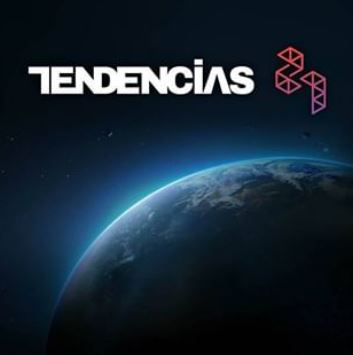




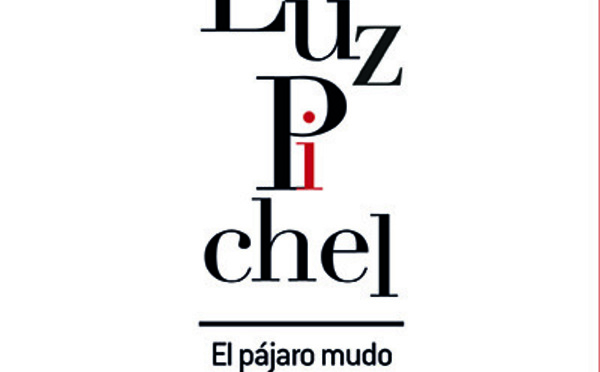


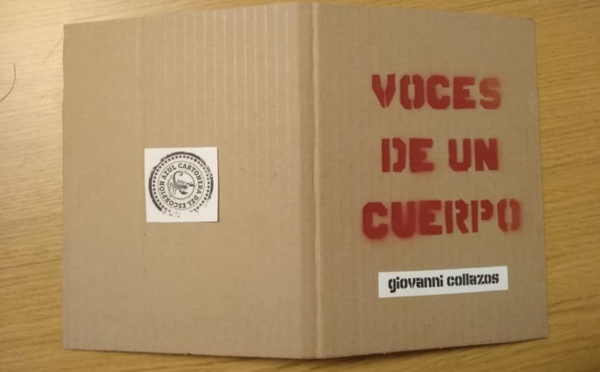

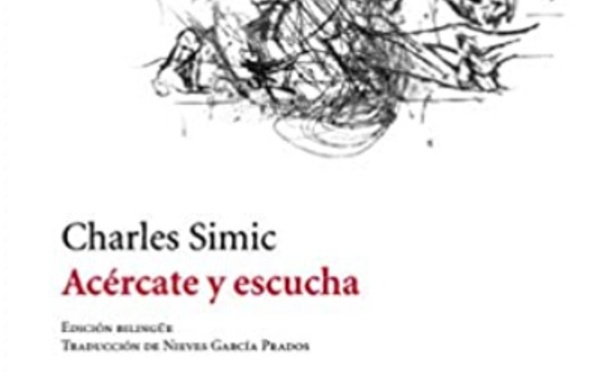

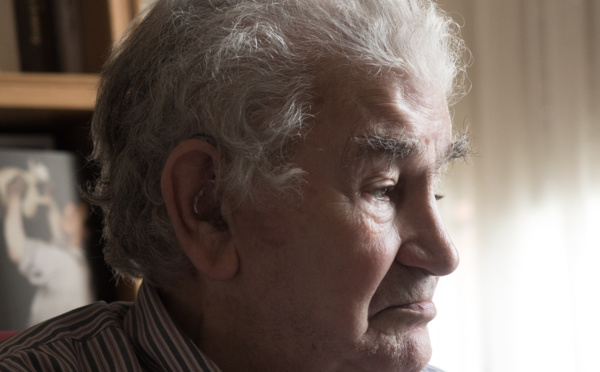
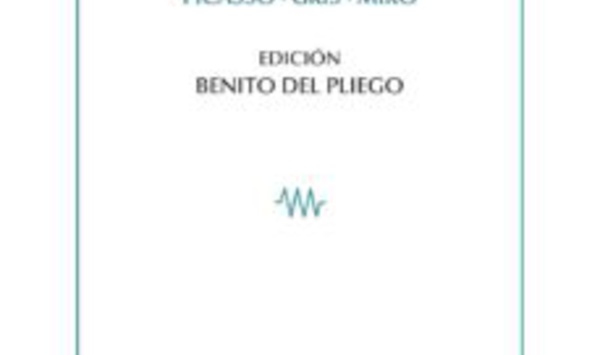


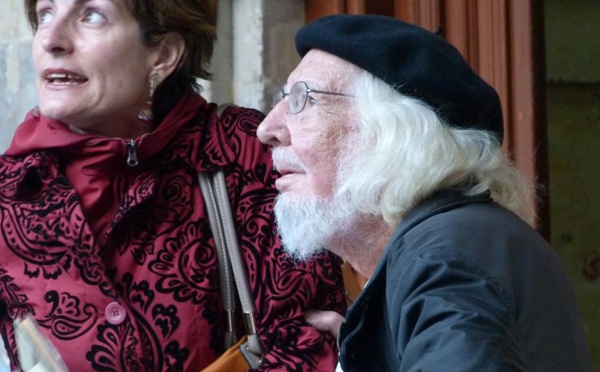
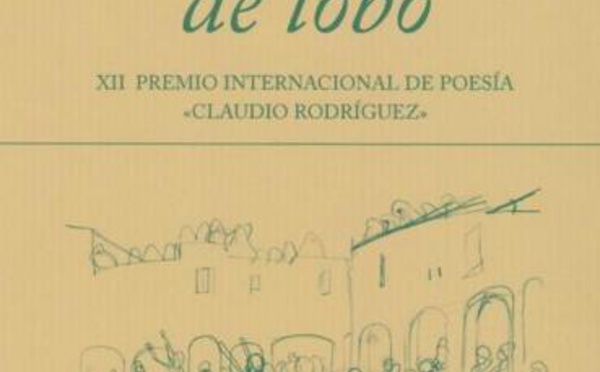


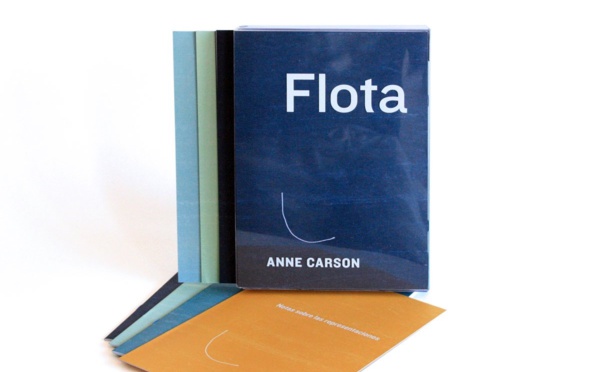


 CIENCIA ON LINE
CIENCIA ON LINE